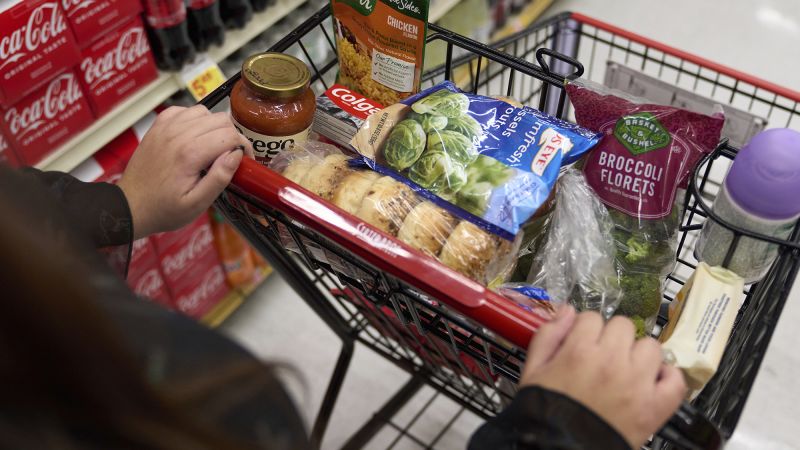
Impact of Proposed SNAP Benefit Cuts on Local Grocery Stores
Opinion | 7/28/2025
President Trump’s proposed bill, aimed at reducing SNAP benefits, has raised concerns about its potential impact on local grocery stores, particularly small independent retailers. While major chains such as Walmart, Kroger, and Dollar General have the capacity to withstand the cuts to the Supplemental Nutrition Assistance Program (SNAP), smaller grocers reliant on the program could face significant challenges.
Experts in the grocery industry have highlighted the vulnerability of local independent stores to the proposed changes. These businesses often rely on SNAP recipients as a significant customer base, making them more susceptible to financial strain if SNAP benefits are reduced. The potential closure of these stores could have a detrimental effect on both the businesses themselves and the communities they serve.
The bill’s implications extend beyond individual store closures, raising broader concerns about food access and economic disparities. Some experts warn that reducing SNAP benefits could exacerbate food insecurity, especially in low-income areas where small local grocers are vital sources of fresh produce and essential goods.
These developments underscore the importance of a comprehensive understanding of the potential consequences of policy changes on local businesses and communities. While major retailers may have the resources to weather such shifts, the ripple effects on smaller establishments highlight the need for a nuanced approach to policy decisions impacting vulnerable sectors of the economy.
As debates around Trump’s proposed bill continue, stakeholders in the grocery industry and advocacy groups are closely monitoring the potential outcomes for local businesses and consumers. The delicate balance between supporting large retailers and preserving the viability of small, independent grocers remains a key consideration in ongoing discussions surrounding SNAP benefits and their broader societal impacts.


